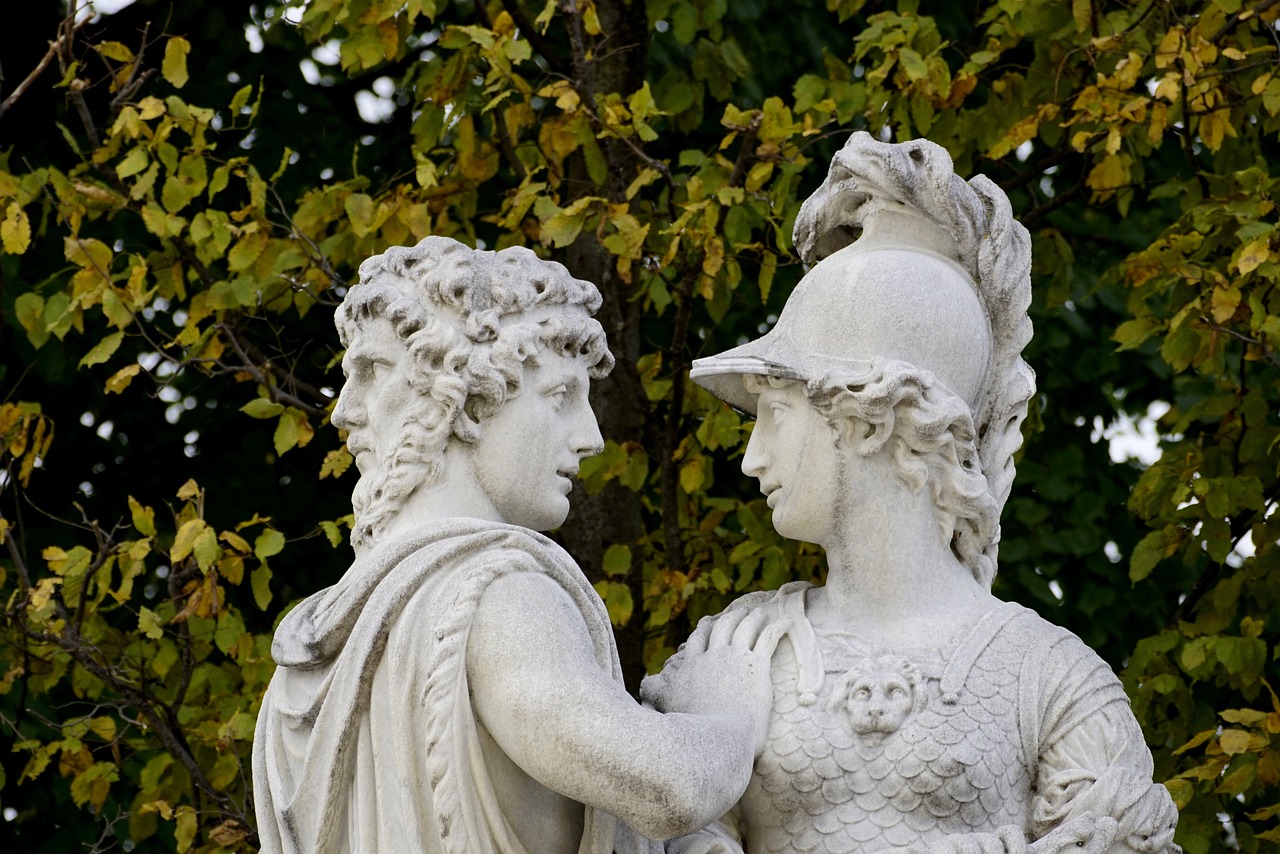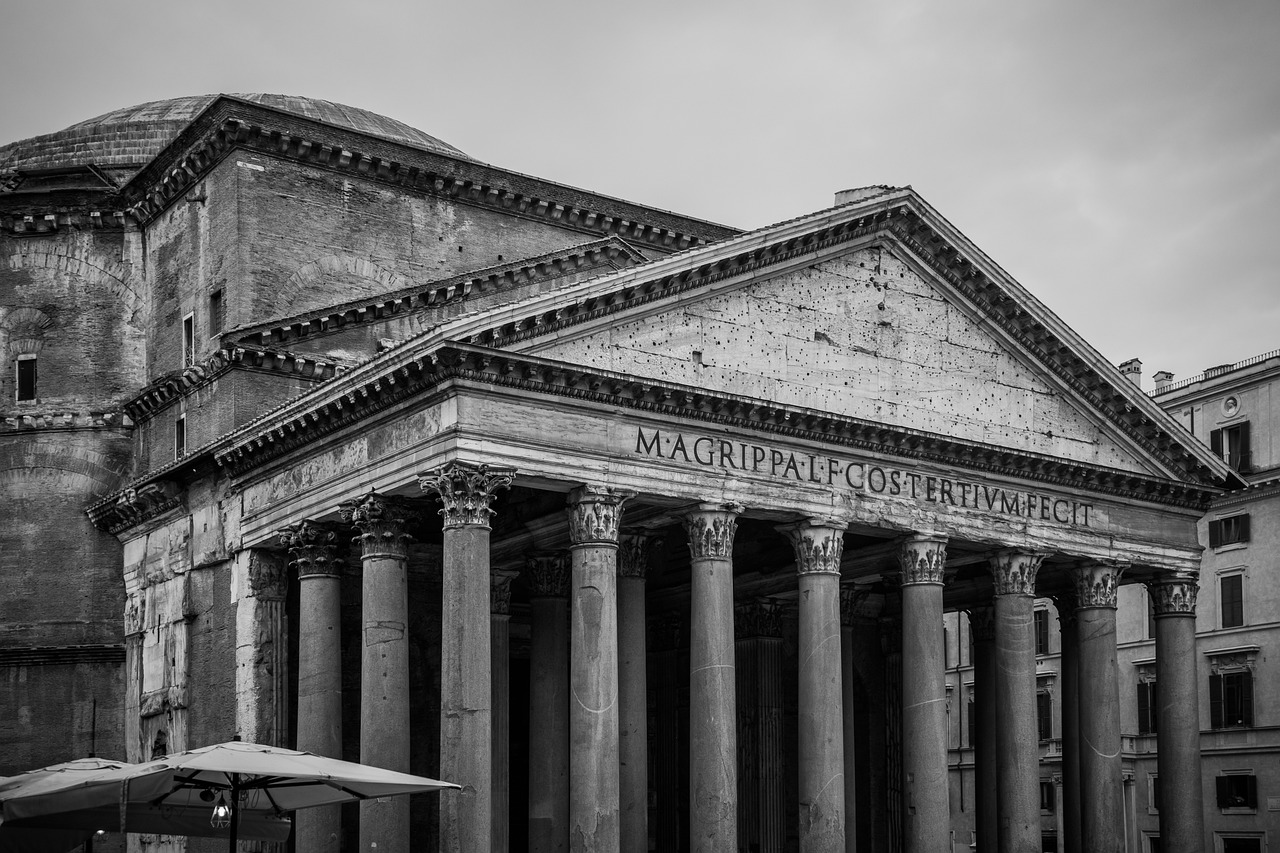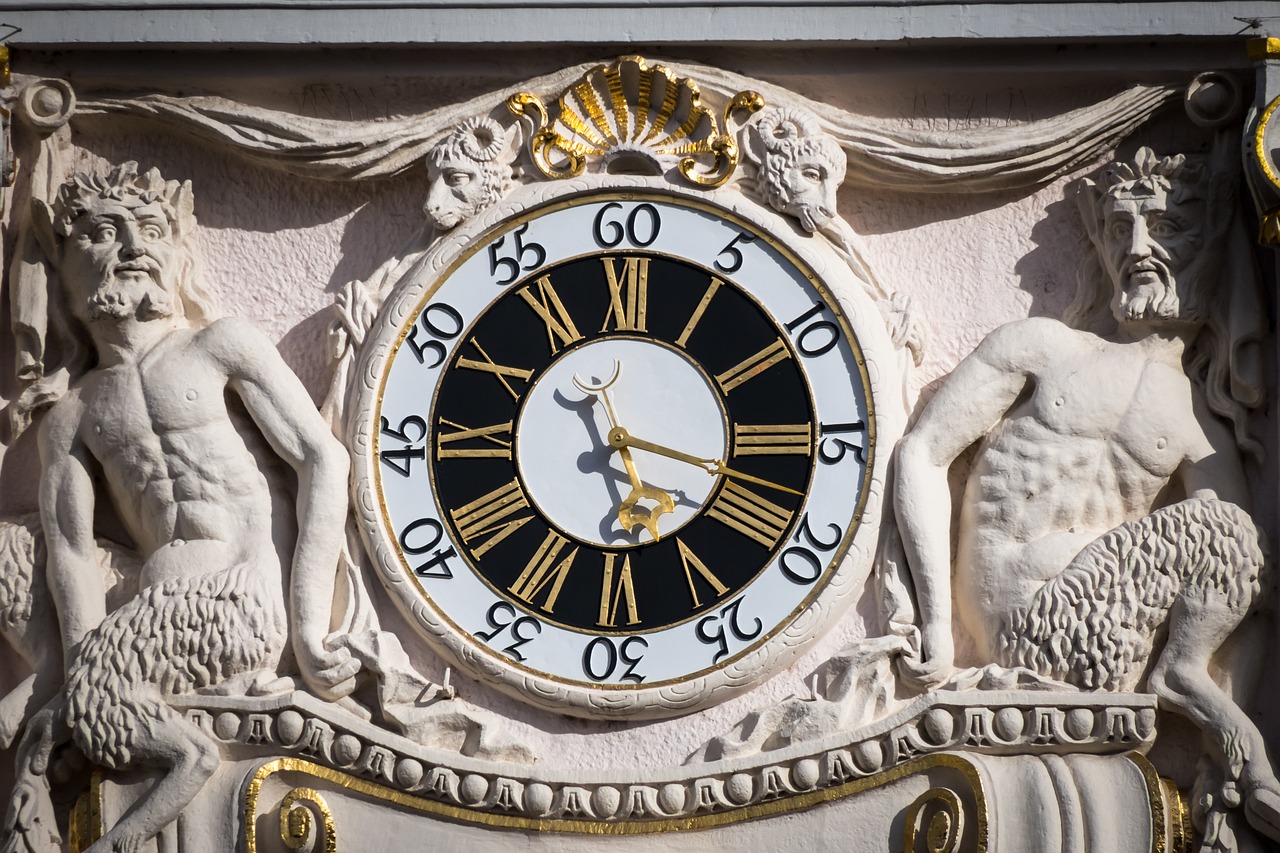Roman Mythology
-

Pomona, the revered Roman goddess linked to fruits and orchards, derives her name from the Latin word ‘pomum’, which signifies fruit or orchard produce. Unlike many deities in Roman mythology, Pomona was uniquely Roman, lacking a direct counterpart in Greek mythology, although some parallels are drawn to Demeter, the Greek goddess of harvest. In artistic…
-

As Valentine’s Day approaches, it is fitting to delve into the figure many connect with love—Cupid! This character holds a significant place in both Greek and Roman mythology. In Greek traditions, he is referred to as Eros, standing not only for romantic love but also for the physical acts associated with it. The Romans, on…
-

Jupiter: The Supreme God of Roman Mythology Overview Jupiter, also known as Iuppiter, stands as the foremost deity in Roman and Latin mythology, recognized as the god of sky, weather, and justice. He embodies the principles of order, state authority, and the Roman Empire. His mythological traits and artistic portrayals closely parallel those of the…
-

Among the pantheon of Roman deities, Jupiter, the offspring of Saturn, reigned as the paramount god, embodying thunder, lightning, and storms. The founders of Rome revered the spirits of their ancestors, subsequently establishing a triad of gods, which included Mars, the deity of warfare; Quirinus, the deified Romulus, protector of Rome’s populace; and ultimately, Jupiter,…
-

Pluto, the Roman god of the underworld (also known as Hades in Greek mythology), was one of three brothers and two sisters born to Saturn, the god of time, and Ops, the goddess of fertility and abundance. Following Saturn’s death and the downfall of the Titans, Pluto and his brothers divided their father’s dominions. While…
-

Following a prolonged period marked by political chaos, civil strife, and the assassination of key leaders that led to the Roman Republic’s collapse, Ancient Rome entered a remarkable epoch of relative peace and prosperity known as the Pax Romana, translating to “Roman Peace” in Latin. Initiated by Augustus’ rise to the throne as the first…
-

The Temple of Diana, or Templo de Diana, located in Merida, Spain, is a historic site established by the Romans in the early 1st century AD following the area’s conquest by Emperor Augustus. This ancient city, originally known as Emerita Augusta, emerged as a significant hub of Roman authority after being founded for veterans from…
-

Vesta, a prominent deity in Roman religion, is synonymous with the Greek goddess Hestia, known as the goddess of the hearth. In early Rome, the scarcity of fire made the eternal flame vital for both domestic and communal life, elevating Vesta to a position of great importance in worship traditions, whether at home alongside the…
-

Understanding Nitric Oxide and Its Role in Erectile Function Nitric oxide (NO) is a crucial gaseous molecule formed by nitrogen and oxygen that the body produces naturally and is vital for the dilation of blood vessels, significantly impacting erectile functionality. While it’s feasible to increase nitric oxide levels through dietary choices, supplements designed to boost…
-

In ancient Roman mythology, Faunus, the horned deity associated with forests, meadows, and farmland, also went by the name Inuus, particularly when involved in cattle fertility. Over time, he became likened to the Greek god Pan within literary contexts. Considered one of the earliest di indigetes, Faunus was viewed as a mythological king of the…


